Vegan L-cysteine
If you are vegan, you are on a path in pursuit of optimum health.
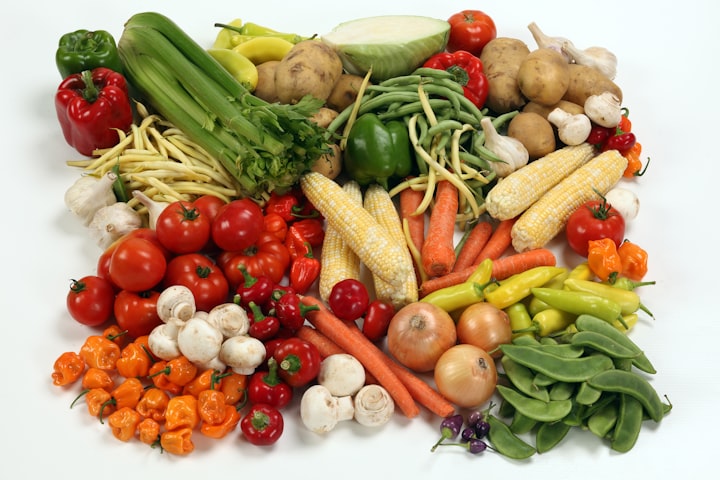
With recent medical studies reporting so many different health benefits that result from boosting cysteine levels, you are likely wondering, “What can it do for me, and is there ways that I can increase my cysteine levels if I am adhering to a vegan diet?”
The answer is yes! Vegan L-cysteine levels improve by making sure you include cysteine boosting vegan foods in your daily diet. Vegan L-cysteine supplements are also available from health food stores, drug stores, or online.
L-cysteine, also known as cysteine, is a semi-essential amino acid, an essential “building-block” of protein; adequate protein is critical in a vegan diet.
People with low cysteine levels often complain of erectile dysfunction, loss of libido, memory loss, dizziness, fatigue, anxiety, and panic attacks. Low cysteine levels result from a diverse assortment of catalysts including chronic stress, excess alcohol consumption, exposure to toxic chemicals or volcanic organic gases, abuse of illegal drugs, prescription medications, or a poor diet.

Cysteine is known as semi-essential rather than essential because it is derived from the foods we ingest as well as manufactured in the liver. L-cysteine’s primary function is a precursor of GHS, a vital amino acid responsible for the integrity of the immune system. Because of its potent antioxidant properties is a powerful weapon to ward off influenza and winter cold viruses.
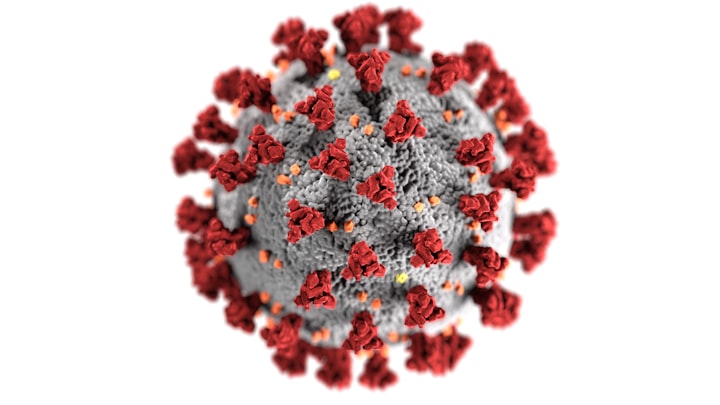
For vegans, one of the most effective ways to make sure that their cysteine level is in balance is to get plenty of rest, meditate, avoid chronic stress, enjoy lots of physical exercise, drink plenty of water, and follow a well-balanced diet. Vegans should make sure they eat adequate vegetable sourced protein from foods like lentils, beans, and tofu.
When your body is in a state of good health, all systems work at peak capacity and support the body’s production of L-cysteine.
Vegans can also increase cysteine levels by following a diet that includes plenty of onions, garlic, chives, shallots, kale, red peppers, cabbage, nuts, seeds, soy, and whole grains; most of which is already part of a vegan diet.
To help support and balance your cysteine levels munch away on organic pecans, cashews, hazelnuts, almonds, and Brazil nuts. For a convenient and tasty snack make up your variety trail mix with sesame seeds, dried golden berries, raisins, or any dried organic fruit that suits your taste buds. Add vegetables to your morning smoothie and sprinkle flax or chia seeds on your salad or sandwich. There are lots of ways to incorporate cysteine-rich foods into your daily diet.
For persons with different food preferences, cysteine-enhancing foods include dairy products, meat, poultry, including duck, quail, goose, chicken, Guiana hen, and of course turkey. Persons that choose to use fish as a protein source will find the highest amount in salmon. Although, most any type of shellfish or fish contains beneficial amounts of cysteine.
Vegans that purchase bakery bread touted as being enhanced with cysteine may want to reconsider and make their own. The cysteine found in most store-bought bread is derived from human and animal hair. High levels of cysteine are found in hair, one of the reasons cysteine is a factor in hair loss and supporting healthy hair growth.
Vegan L-Cysteine and Weight Control
If you are vegan, you are likely to have your weight under control. However, if, like most of us, you have a few pounds you would just as soon not carry around, increasing cysteine levels can shed a few pounds. The International Journal of Obesity reports that cysteine supplementation can suppress hunger sensations in lab rats and humans. That it helps humans control their appetite is excellent news, as most people are not worried about the voracious appetites of rats.
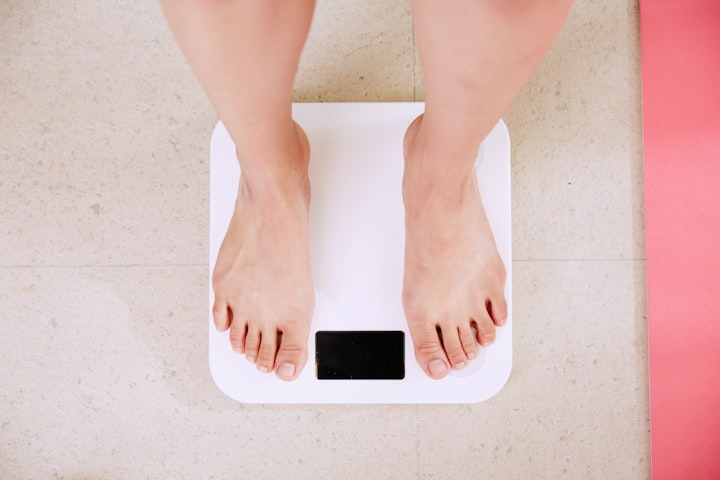
The Vegan Resource Group advises vegans to look for hidden L-cysteine in the packaged food they incorporate into their vegan diet to avoid pig hooves and bristles, and who knows what else? You can prevent contamination by animal by-products if you choose a vegan supplement that is Kosher or only select kosher products when you shop at the market.
Before the late 1990s, all L-Cysteine used in the food industry was derived from either feathers or hair and was not suitable for vegan diets. However, because “necessity is the mother of invention” and vegans were seeking products that were animal-free, two methods for producing L-Cysteine through bacterial fermentation have been developed which do not use any animal products. These innovative products are vegan suitable: the L-Cysteine is created by the fermentation of a starch-based ingredient, typically corn syrup or molasses.
For the best production of cysteine in the body, drink plenty of water in addition to any other beverages such as teas, sodas, and spritzers. Without adequate hydration, you risk the development of kidney stones when taking large amounts of vegan L- cysteine supplements.
About the Creator
Marlene Affeld
“A passionate writer for more than 30 years, Marlene Affeld’s passion for the environment inspires her to write informative articles to assist others in living a green lifestyle.”


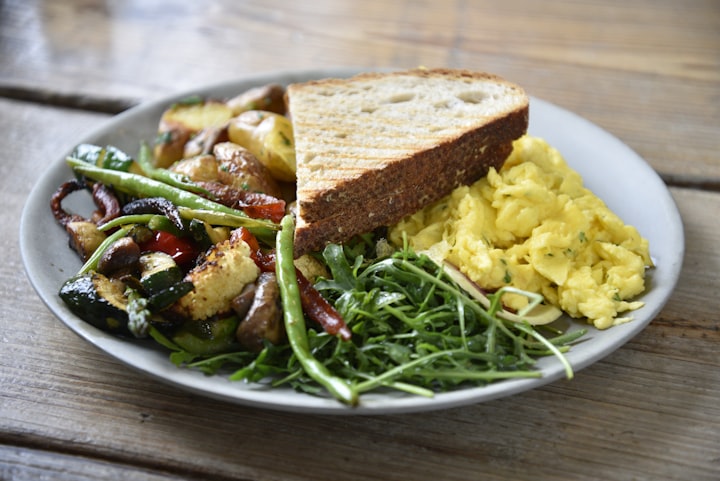

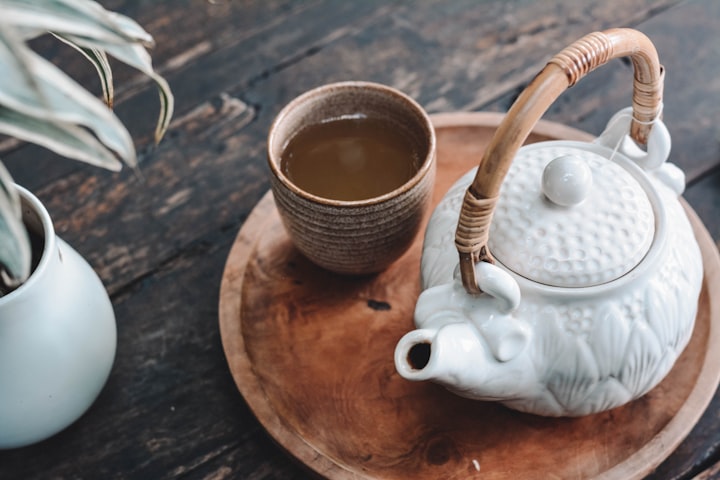

Comments
There are no comments for this story
Be the first to respond and start the conversation.